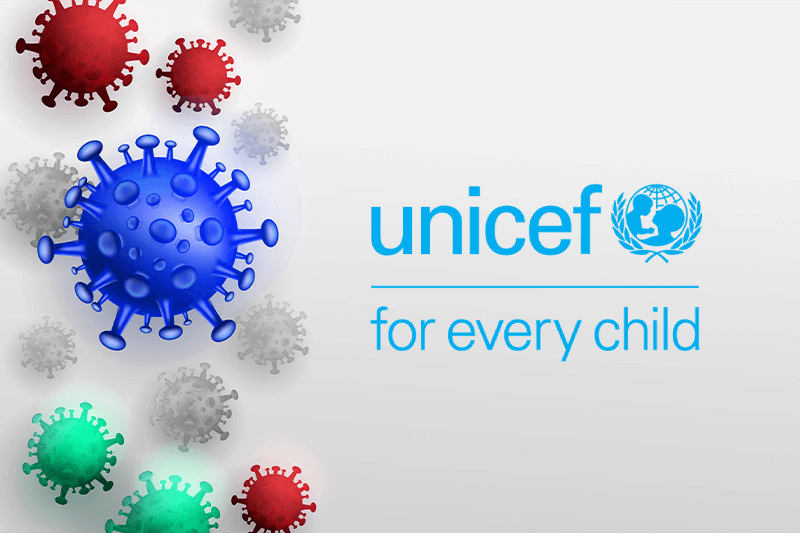UNICEF response to Covid-19 education crisis in Libya

The United Nations Children’s Fund (UNICEF) has stated that the “Education cannot wait” initiative has allocated $750,000 to support 9,000 children affected by the conflict and ongoing pandemic in Libya.
The organization pointed out that the closure of schools since last March to reduce the spread of COVID-19 has left at least one million children without an education, and caused the inability of children affected by the conflict to reach different basic services.
In a statement, the UNICEF Special Representative in Libya, Abdul Kadir Musse stated, “With more than eight months into the pandemic, children’s education is significantly disrupted. With education on hold, their future will be on hold. We cannot allow that. This initiative will enable UNICEF and its partners to help children in Libya, including the most vulnerable, such as children with disabilities and refugee and migrant children. We must act now to ensure they are not left behind”
The goal of this initiative is to minimize the ongoing disruption to education and increase access while sustaining the health and safety of both students and education personnel alike.
“This initiative has been most timely, offering hope and assistance to vulnerable boys and girls who have already suffered too much”, said Yacoub El Hillo, Deputy Special Representative of the UN Secretary-General, UN Resident Coordinator and Humanitarian Coordinator for Libya. “We are very proud of this partnership with “Education Cannot Wait” and hope to work with more partners to meet the full scope of the needs in Libya”, he added.
This initiative will help to ensure that 4,050 children receive individual learning materials, 2,500 children benefit from supplementary food distribution and 4,000 children receive water, sanitation, and hygiene support. Students with disabilities and children from vulnerable groups, including internally displaced persons, migrants, refugees, and host communities, are key beneficiaries of the initiative.
How to submit an Op-Ed: Libyan Express accepts opinion articles on a wide range of topics. Submissions may be sent to oped@libyanexpress.com. Please include ‘Op-Ed’ in the subject line.
- Haftar to fly to the US with family, pretending it’s a Libyan official visit - September 13, 2021
- Haftar hires ex-Clinton aide, ex-Republican leader to lobby Washington for Libya elections’ run - September 09, 2021
- Al-Saadi Gaddafi, late dictator’s son, released from Libyan prison - September 06, 2021


